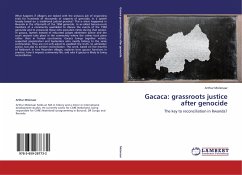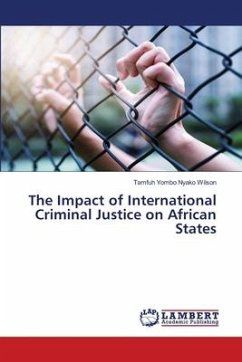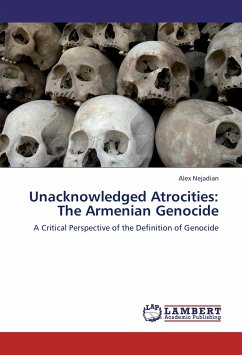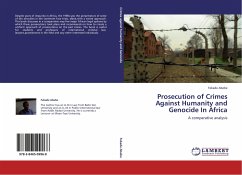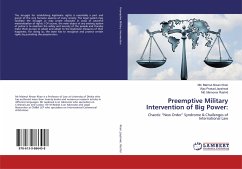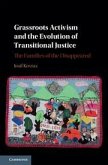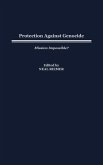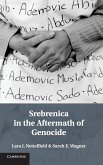What happens if villagers are tasked with the arduous job of organizing trials for hundreds of thousands of suspects of genocide, in a system loosely based on a traditional judicial practice? This is what happened in Rwanda in the aftermath of the 1994 genocide. In so-called Gacaca-couts members of a community assembled to discuss the events of the 1994 genocide and to prosecute those who executed crimes during that period. In gacaca, laymen instead of educated judges administer justice and the court sessions take place in the community where the crimes took place rather than in formal courtrooms. Gacaca brings together victims, suspected perpetrators and bystanders who mostly belong to the same communities. They are not only asked to establish the truth, to administer justice, but also to achieve reconciliation. This work, based on five months of fieldwork in two Rwandan villages, explores how gacaca functions in practice, how it impacts community life, and asks if gacaca is likely to bring reconciliation.
Hinweis: Dieser Artikel kann nur an eine deutsche Lieferadresse ausgeliefert werden.
Hinweis: Dieser Artikel kann nur an eine deutsche Lieferadresse ausgeliefert werden.

